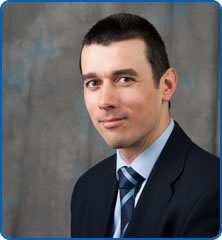SAU Frequently Asked Questions
What do I need to bring with me?
Bring essential toiletries and nightwear including a dressing gown and slippers. Good quality slippers prevent falls and a dressing gown is important as keeping warm prevents wound infections.
It is important you bring your normal day clothes with you as if you are able, we expect you to stay as mobile as possible. This helps prevent weakening of the muscles and other complications such as a chest infection.
Can I eat & drink?
On admission to SAU all patients are asked not to eat anything until a plan of care has been made with you. You can drink clear fluids (without milk).
Once you have been reviewed by a senior doctor you will be informed whether you can continue eating.
Sometimes you need to be nil by mouth to fluids as well as food in preparation for an operation or a test. If this is going to take a long time then fluids may be given through the cannula in your arm.
If you are kept completely nil by mouth for longer than 2 hours please inform the nurse looking after you.
How long will I be here if I am admitted?
You may be in the unit for several hours before we can say what is wrong with you and you may be seen by multiple doctors.
Your diagnosis and plan for ongoing care may change as results from tests and investigations are obtained.
If you need treatment as an inpatient the average stay on SAU is 2 days.
If you require subspecialist care, for example from the urology or vascular team or if you undergo major intestinal surgery, you may be moved to a specialist ward.
Sometimes you will have care in a high dependency unit or even intensive care immediately after an operation.
Who will be responsible for my care?
Patients with emergency conditions are treated by a consultant of the correct sub-specialty so it is possible that you may be transferred to the care of a different team as soon as we have a diagnosis.
We all work in teams so it is also possible that you may see more than one consultant during your stay. You will have a named consultant responsible for your care.
If you have any questions about your care or want to speak to a doctor, please ask the nurse in charge and we can arrange this.

